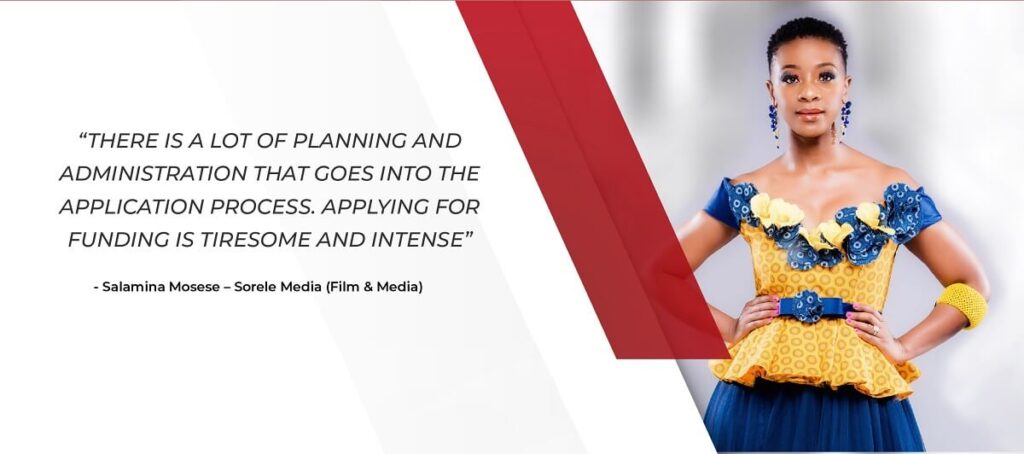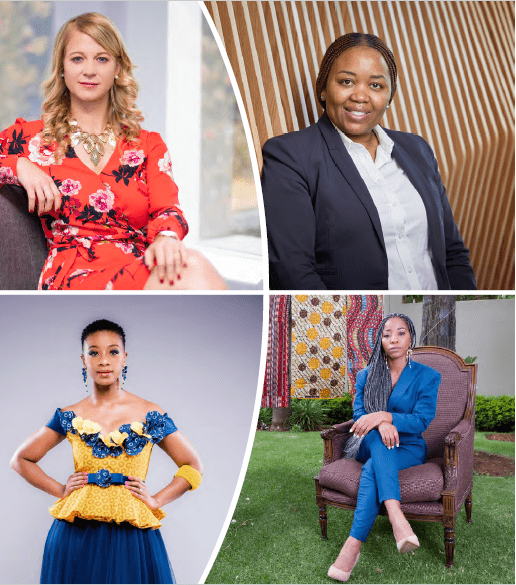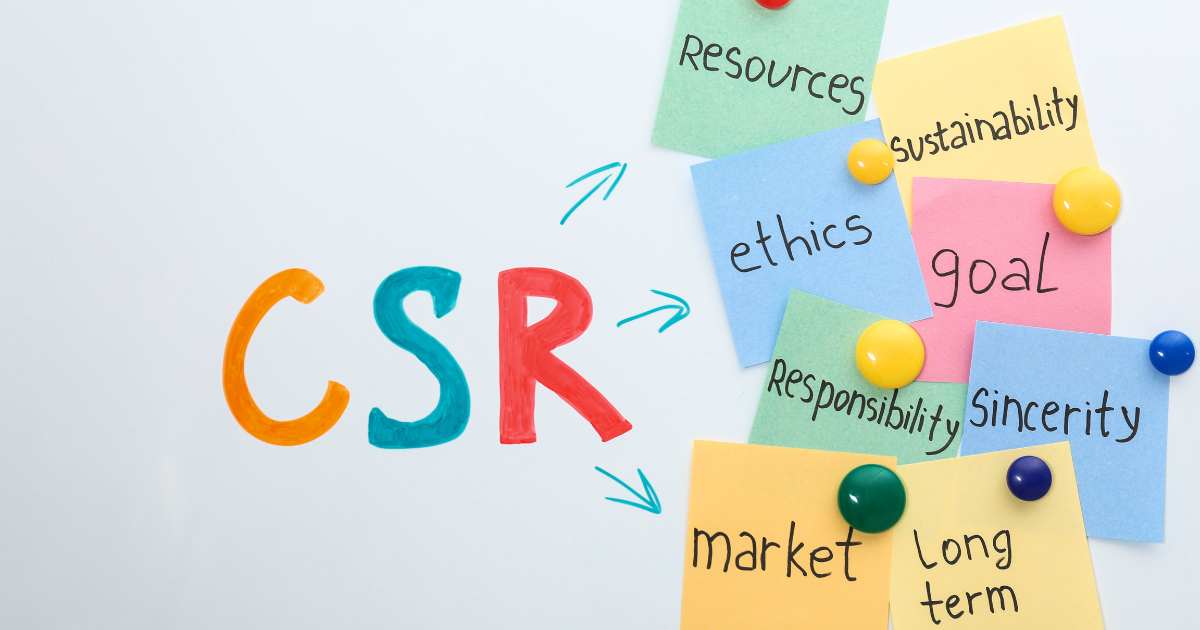Salamina Mosese’s interview is an excerpt from the SME South Africa ‘Female Entrepreneurship & Funding’ Case Studies, download the full interview HERE plus the funding journeys of 3 other female entrepreneurs.

Years in business: 5 years
Product/Service: Media and Film Production
Funder/s: Emerging Black Filmmakers Transformation Fund, managed by the Industrial Development Corporation (IDC), the Department of Trade and Industry (DTI) and the National Film and Video Foundation (NFVF).
Funding amount: R5,8 million.
Sorele Media is a film and TV production house based in Johannesburg. It is co-owned by business partners and long-time friends, Salamina Mosese and Stephina Zwane.
In 2015, they launched the business which focused on making content for their digital platform, AzaTVAfrica. They entered the film arena in 2016. In 2018 they released their hit film, Baby Mamas.
At what stage of your business did you consider getting external funding – how did you know you were ready?
In 2016, when we decided to pivot our business into film specifically, we produced our film with our own funds. But these were limited, and we were not able to make a high-budget film, and we made a direct-to-TV film. So, when the idea for Baby Mamas was born, we knew it had to be a cinema-quality product, and that necessitated us looking for external funding.
We knew we were ready because we had already made a 90-minute feature, and that we had the capacity to deliver if we were supported by the traditional film funders.
We knew that we would need to understand how the traditional film development bodies worked, and fully grasp what sort of support was out there for young, up-and-coming filmmakers such as ourselves.

How did you find out about the various funding options available?
We looked on the website of the National Film and Video Foundation (NFVF). The information on the Transformation Fund was there, and seeing as we were a youth, and black-owned production house with experience in film, we met the criteria to apply.
I remember at some stage having to borrow money to pay for printing, binding, and accounting services, just to adequately prepare and complete the application process
What went into deciding which funding instrument you would go with?
It’s very difficult to try to raise private funding for films, but thankfully there are bodies like those on the EBFT (Emerging Black Filmmakers Transformation Fund) that support filmmakers in our country. The fund provides a fantastic launching pad for young filmmakers to learn about film financing, distribution and managing the many moving parts of a film project, while still feeling relatively cushioned by the three bodies that are part of it.
What work went into applying for that specific fund?
You must ensure that all the company documents are up to date and that you have a good base for your operations. There is a lot of planning and administration that goes into the application process. Applying for funding is also tiresome and intense.
We found the mountains of paperwork intimidating and difficult. It can also be quite expensive for a small business. Compliance can really trip you up, and many new applicants get stuck at this phase.
What support did you have/need during the process?
We had good support from the NFVF and our deal makers at the IDC. This included holding our hands through the legal processes as well as helping to get us through their due diligence process. Countless phone calls and emails were exchanged daily.
SEE ALSO: Where to Access Funding For Women-Owned Businesses in South Africa [UPDATED]
What were some of the challenges that you encountered during the process?
I remember at some stage having to borrow money to pay for printing, binding, and accounting services, just to adequately prepare and complete the application process. The process also took long, so it requires that you be really on top of things in terms of the paperwork and administration of the whole process. Also have other sources of income or generate some other business while you wait for the funding to be approved.
FOR THE FULL SALAMINA MOSESE INTERVIEW – Download Your FREE Copy of the ‘Female Entrepreneurship & Funding’ Case Studies and Get Instant Access to the Funding Stories of 4 Powerhouse South African Women Entrepreneurs





